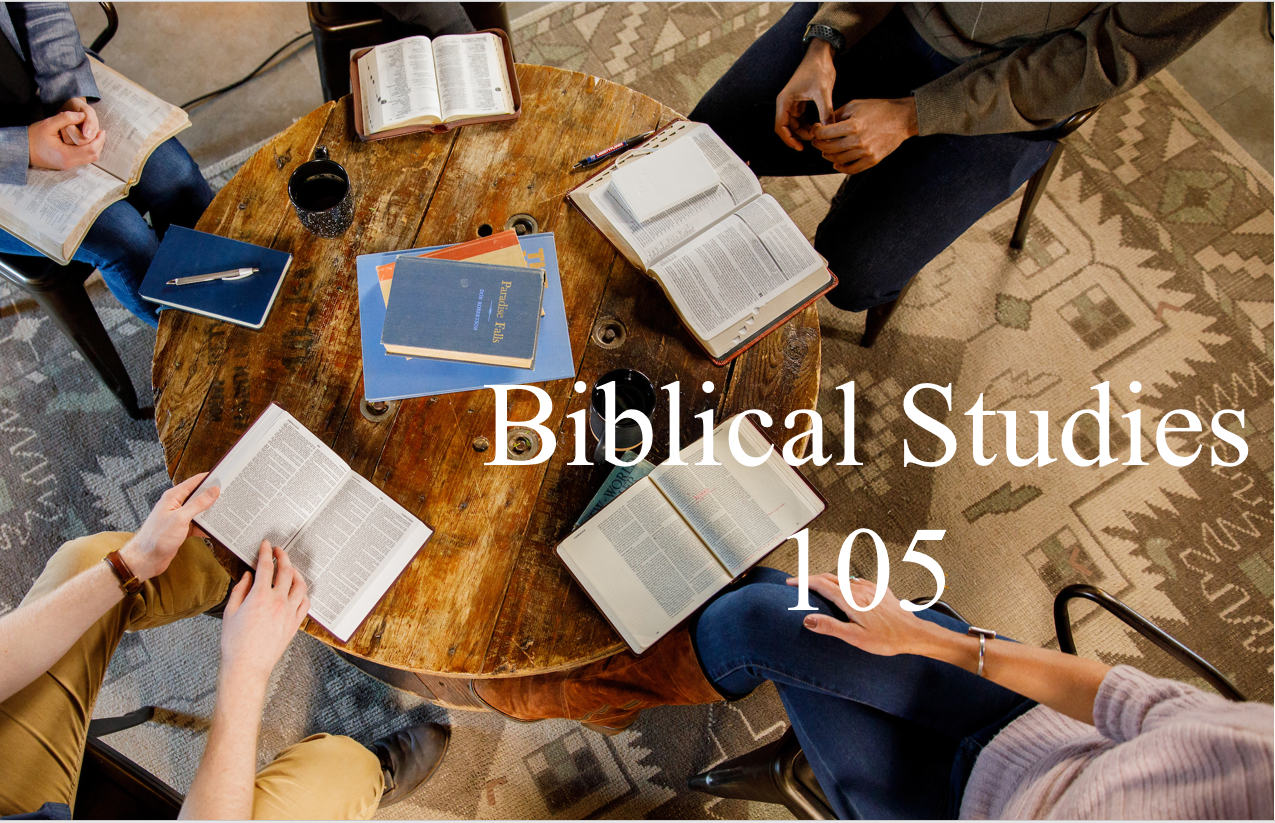Ph.D. in Biblical Studies: Introduction, Admission, Registration, Eligibility, Duration, Fees, Syllabus 2024

Introduction:
A Ph.D. in Biblical Studies equips students with deep scholarly insight into biblical texts, emphasizing original languages, historical contexts, and theological meanings. This rigorous program is designed for those aspiring to careers in academia, religious leadership, or specialized roles within religious organizations. Students engage with both traditional and contemporary approaches, examining the influence of the Bible across various cultures and epochs. The doctoral journey fosters a sophisticated analytical framework, enabling graduates to contribute significantly to theological scholarship and interfaith dialogue.
Admission Process:
- Application Submission: Submit a detailed application including academic transcripts, personal statement, and writing samples.
- Prerequisites: Master’s degree in Theology, Religious Studies, or a related field.
- Language Proficiency: Demonstrable proficiency in Hebrew, Greek, or other relevant biblical languages.
- Interview: Personal or virtual interview with the faculty to discuss research interests and academic goals.
- Research Proposal: Submission of a research proposal outlining the intended area of study and methodology.
- Letters of Recommendation: Provide at least three academic references who can attest to the applicant's scholarly potential and dedication.
Eligibility:
- Educational Background: A Master's degree in Theology, Religious Studies, or a closely related discipline.
- Language Skills: Proficiency in biblical languages such as Hebrew and Greek is often required.
- Research Experience: Demonstrable experience in academic research and writing.
- Academic Record: A strong academic record, particularly in relevant subjects.
- Statement of Purpose: A compelling statement that outlines the applicant’s research interests and long-term objectives.
- Recommendation Letters: Strong recommendations from academics familiar with the applicant's scholarly work and potential.
Completion Time:
Typically, a Ph.D. in Biblical Studies takes between 3 to 6 years to complete.
Career Opportunities:
- Academia: Positions as professors or lecturers in universities and theological seminaries.
- Research: Roles in research institutes focusing on theology, religious studies, or historical research.
- Publishing: Editorial or authorial roles in publishing houses specializing in religious or academic texts.
- Church Leadership: Advanced pastoral roles or theological advisory positions in various denominations.
- Nonprofit Sector: Leadership roles in religious nonprofits or NGOs focusing on interfaith and cultural dialogue.
- Consultancy: Consulting roles in education, cultural heritage, or religious content for media.
Syllabus:
- Biblical Hermeneutics
- Advanced Greek and Hebrew
- History of Biblical Interpretation
- Intertestamental Literature
- Theological Themes in the Bible
- Research Methodology and Scholarly Writing
Internship Opportunities:
- Teaching Assistantships: Experience teaching undergraduate courses.
- Research Assistantships: Assist faculty members in their research projects.
- Fieldwork: Opportunities for archaeological or text-based fieldwork, often in collaboration with museums or universities.
- Internships at Religious Organizations: Practical experience in various church-related activities or missions.
- Publishing Internships: Experience with academic publishing processes.
- Interfaith Centers: Engagement in dialogue and activities at interfaith centers.
Scholarship and Grants:
- University Fellowships: Full or partial tuition waivers often combined with a stipend.
- Private Foundations: Grants from foundations interested in religious studies.
- Research Grants: Specific funds available for field research and data collection.
- Travel Grants: For attending international conferences or conducting overseas research.
- Government Scholarships: Awards from government bodies supporting higher education.
- Faith-based Scholarships: Scholarships offered by religious organizations to promote theological education.
FAQs:
How long does it typically take to complete a Ph.D. in Biblical Studies?
Generally, it takes 3 to 6 years, depending on the research scope and the student's dedication.
Are there prerequisites for language proficiency?
Yes, proficiency in biblical languages like Hebrew and Greek is typically required.
What career paths are available after earning a Ph.D. in Biblical Studies?
Careers include academia, research, publishing, church leadership, and roles in nonprofit sectors.
Can I study part-time?
Yes, some programs offer part-time study options, though this may extend the duration of the program.
What kind of research opportunities are available during the Ph.D.?
Students can engage in a variety of research activities, including archival research, fieldwork, and collaborative projects.
Is funding available for Ph.D. students in Biblical Studies?
Yes, there are numerous scholarships, grants, and fellowships offered by universities, private foundations, and religious organizations.
